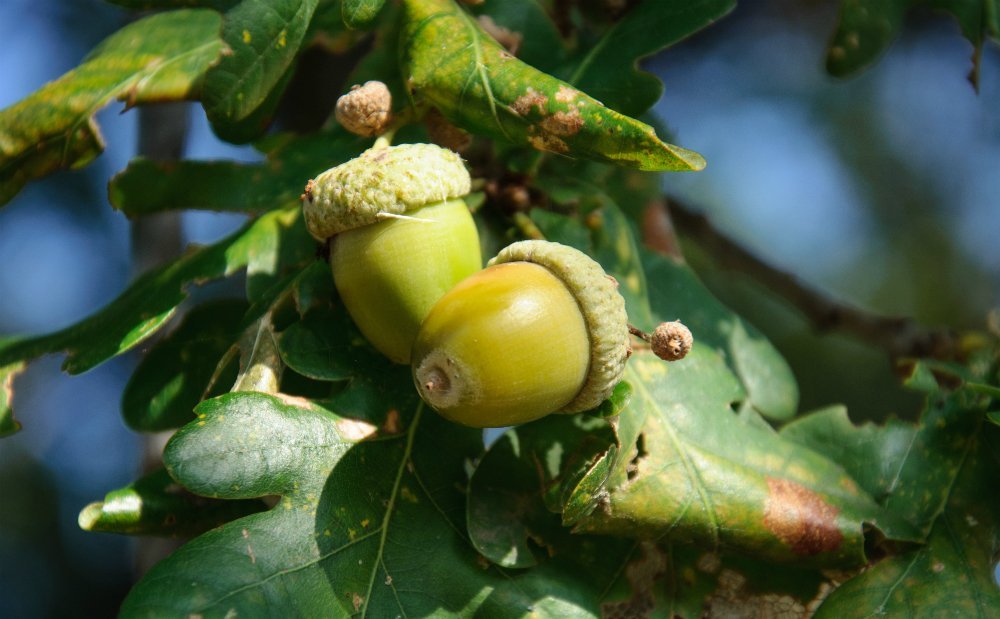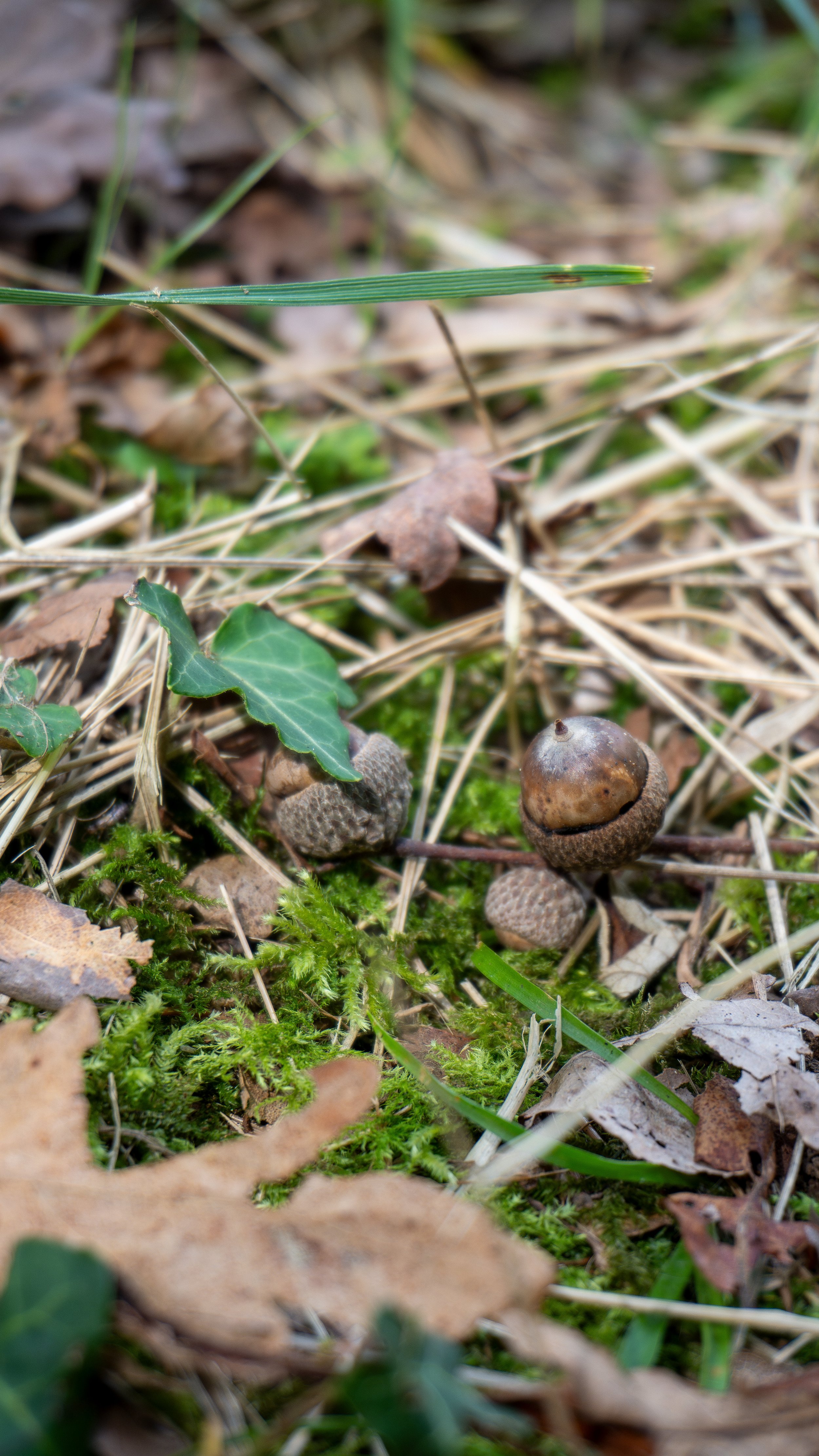Enhanced acorn production to regenerate native oak woodlands in the UK
Date: 20 October 2020
Timescale: 3.5 years doctorate study: 2020 - 2023
Organisation: School of Agriculture, Policy and Development, University of Reading, and undertaken in partnership with Future Trees Trust
Lead researcher(s): Ryan McClory
Synopsis
The oak, for most people an iconic feature of British countryside, is in fact two species: sessile oak (Quercus robur) and pedunculate oak (Quercus petraea). Both are native to Britain and hence well adapted to a range of environmental conditions typical for the country. However, the oaks are now facing many pressures, such as air and soil pollution, increasing pests and disease pressure and changing climatic patterns. Records show that the health and survival of established oaks is declining and that natural regeneration of these trees is limited.
Oak is the most important broadleaf species in British forestry and the cornerstone of many valued and much-loved forests, woodlands and copses. Currently it is the most planted broadleaf, and yet the supply of acorns adapted to British conditions to tree nurseries is invariably limited. The demand for oak seedlings is met by imports of acorns from continental Europe, with the full knowledge that these may represent ecotypes not well adapted to British growing conditions.
Similar to many other tree species, oak produces acorns in a masting cycle, where low production over several years is followed by a large crop. Oak flowers each year, and yet only masts every 5 – 7 years. The acorns cannot be stored for long periods of time, increasing the importance of understanding and harnessing the masting cycle for successful native oak regeneration.
The aim of this PhD is to understand the factors which influence oak masting to inform a strategy to supply of native acorns and oak seedlings for conservation and reforestation purposes. It is important for both industry and the wider environmental considerations of climate change adaptation and natural regeneration of oak forests.
“Oak is the most important broadleaf species in British forestry and the cornerstone of many valued and much-loved forests, woodlands and copses.”
The key questions to be addressed by this PhD are:
What are the main drivers of oak masting in the UK?
How does acorn production vary between individual trees and populations from local to landscape level?
Is it possible for oak seed orchards to produce good crop of acorns every year?
Oak flowers every year in the UK but why do acorns not develop?
Flowering phenology: what environmental factors influence pollen and pollination and subsequent acorn development? Is pollen supply limiting? Are there differences in the two species?
Seed quality: which acorns produce the best seedlings? What are the environmental conditions that produce the best acorns in terms of size, germination, vigour?
Annual masting: what can we do to promote annual oak masting in the UK? Are there interventions such as tree density, soil water supply that we could undertake for oaks to mast every year?
Overview of PhD study
This is a 3.5 years doctorate study, based at the School of Agriculture, Policy and Development, University of Reading, and undertaken in partnership with Future Trees Trust.
The PhD will make use of existing wide network of connections and collaboration with UK forest industry. The PhD falls within the remit of Action Oak supported by the UK government.
We anticipate that the student, Ryan McClory, will fully engage with the Action Oak network to gather evidence, but also to present and publicise outcomes.
Schedule of works and funding support
A detailed schedule of fieldwork, laboratory work and analysis will be created by Ryan following their commencement in role (September 2020). In the meantime, the following schedules of fieldworks will be followed:
Preliminary schedule of fieldworks
Autumn 2020/21/22/23: Undertake seed quality and quantity assessments
April 2021/22/23: Pollination analysis
Ryan McClory
Ryan has recently completed his Master’s degree at Stockholm University, where his thesis was “Impact of phenology and shade on growth and survival of oak seedlings and their interactions with pathogens and herbivores”. In addition to his Master’s thesis, Ryan has co-authored one published paper and is the sole author of another.
Supporters
This study is funded with support from The Patsy Wood Trust, Action Oak, The Scottish Forestry Trust, The Mabel Cooper Charity and The D. G. Albright Charitable Trust.
Future Trees Trust is extremely grateful to all supporters for their assistance with this project.
Contact
For further information contact Professor Richard Ellis (https://www.reading.ac.uk/crop-science/our-staff/Richard-Ellis email: r.h.ellis@reading.ac.uk) or Dr Jo Clark at Future Trees Trust


